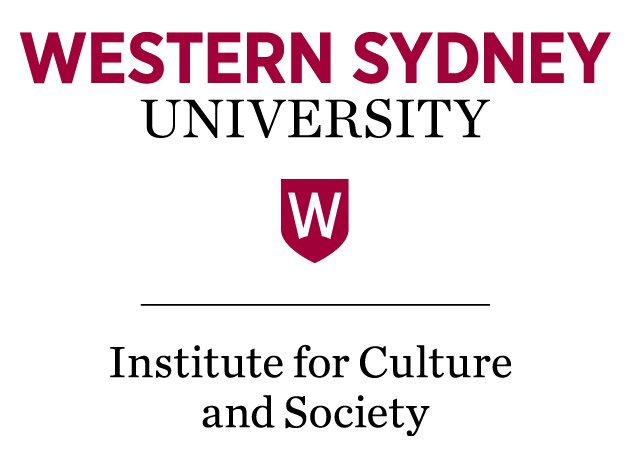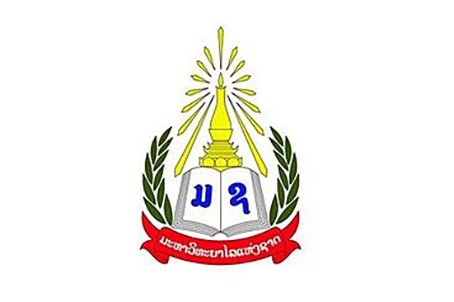
Why DiFF?
Digital finance is thought to be a critical enabler for agricultural development and poverty reduction in the Global South. Mobile-based digital finance services (including credit, payments, remittances and insurance) may help farming households, and women in particular, to better manage their money and help improve their social and economic wellbeing.
However, there is little evidence to date as to the impact of digital financial services on farming households and women. Most studies to date focus on the level of uptake and use of specific services, for instance M-PESA in Kenya, but only a few seek to measure their impact.
Digital Finance and Farming (DiFF) is a five-year project conducting mixed methods research on the impact of digital financial services on farming households and especially women. The project is a collaboration between anthropologists, economists and geographers at Western Sydney University, University of Adelaide, Royal University of Phnom Penh, University of Laos and Grow Asia. We aim to build an evidence base that can help organisations design better policies, programs and products to serve farming households.

80% of the world’s population is fed by smallholder farmers - USAID
Our Approach
Our research will address important gaps in knowledge that must be attended to before credible claims can be made about poverty reduction and improved wellbeing among women and men in farming households.
Importantly, we focus not on ‘farmers’ but on ‘farming households’ to reflect the plural economic activities that such households generally undertake. This is particularly important for understanding the relationship between digital financial services and households because women often undertake farming and non-farming roles.
Issues we will investigate include:
Economic and social impacts on men and women in farming households
Models and methods that are useful to assess impact in a fast-changing market
How smallholder households combine financial services in novel ways in order to sustain themselves
Impact of digital versus non-digital financial services
Impact along the value chain, including agricultural investments, costs of payments, access to markets and market information, marketing of agricultural products
Effects of digital finance on social issues such as fraud, gambling addiction and indebtedness, especially in the context of the Covid-19
In Phase 1 we will review the global evidence on the impacts of digital financial services. In Phase 2 we will carry out mixed methods research in Laos and Cambodia, designing the research specifically to address gaps in current knowledge.
Rural women fare worse than rural men and urban women and they disproportionately experience poverty, exclusion, and the effects of climate change - United Nations
Our Stakeholders
Smallholder farming households
Smallholder farming households face high levels of uncertainty, and increasingly engage in plural economic activities to smooth income. How do digital financial services help them manage, and in what ways do they fall short?
Financial service providers
Financial service providers are innovating fast to provide digital services to niche and underserved populations, yet tend to lack information about consumers’ actual behaviours. How might better information help them design better products?
Women in farming households
Women often do their households’ daily financial management, are primary carers, and also often work outside the farm. How do they use digital financial services in ways that help them to manage these multiple social and economic roles?
Policy-makers and regulators
Policy-makers and regulators are struggling to keep up-to-date with the fast-changing environment of digital financial services. How might they help create innovative environments while protecting consumers?

The first step when designing any product or service is to identify and build the value proposition around smallholder family needs and aspirations - CGAP
Key Facts








Sources: Global Findex 2021, World Bank 2019









